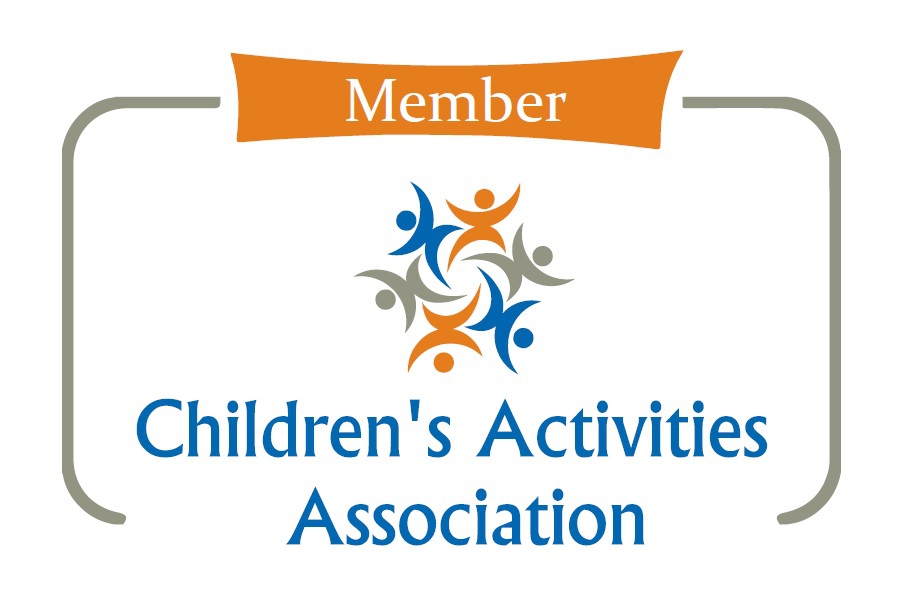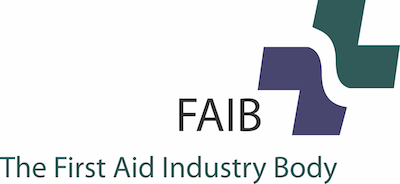Being a parent is often a bit like a rollercoaster ride. It can be daunting, exciting and frightening all at the same time. Being responsible for the health and wellbeing of a little person or people can often feel overwhelming. During our classes, parents often ask us about baby immunisations and share their concerns with us. First of all, it is completely normal to feel anxious about the prospect of taking your baby for their immunisations.
The World Health Organization (WHO) has stated during the Coronavirus pandemic, it is still important for babies to receive their vaccines at 2, 4, 6, 12 and 13 months. The vaccines should be given on time or as soon as possible after to protect babies from serious infectious diseases.
NHS advice continues to be, that patients can still attend essential medical appointments at this time and therefore all practices should continue to provide immunisations for the primary childhood programme. GPs are advised to continue providing vaccinations for infants. Vaccination schedule is still important to follow. So therefore if your baby is due for their vaccinations please contact your GP to make an appointment.
What will it be like going to the surgery at this time?
· There are very few people coming into GP practices.
· Your surgery will advise you to arrive at your allotted appointment time and remain in the car, the practice will arrange for you to call them from your car and the nurse will give OK for you and your baby to come in to the surgery treatment room.
· The Nurse will be wearing a mask and an apron.
· You must let your GP practice know if anyone has a temperature in your household before you attend.
With this in mind, the team at Mini First Aid would like to share some helpful tips to help make the experience less stressful for both you and your child.
· Dress your baby in clothing which is easy to remove.
· Remember to take your red book to your appointment so it can be completed with up to date information.
· Allow plenty of time to get to your appointment. It helps to have a few minutes spare whilst in the waiting room to gather yourself before being called in. Last minute parking does not help your stress levels!
· If you cannot attend yourself, make sure you call the clinic or surgery to let them know you are sending a representative.
· Never be afraid to ask questions. Staff would much rather answer your questions calmly than you going home feeling anxious about the unknown.
· **Tell the Practice Nurse if you are worried about holding your baby during the immunisations. They can arrange for a member of staff to come in and help you. If you need to leave the room, staff will make sure you are supported whilst your baby is being immunised.** (see footnote)
· If your baby or child is old enough to understand, tell him/her in straightforward language what is happening. For example, you could say: "This will scratch but it will go away quickly” rather than telling your child: "This will not hurt." Your child needs to trust you.
· Try and distract your child whilst they are being immunised. See our distracting tips below.
· If your baby is having the Meningitis B vaccine (8w and 16w), bring paracetamol (Calpol or equivalent) to give to your child as soon as possible. The taste provides a good distraction, as well as the medication taking immediate effect.
· Finally, do your best to stay calm as your baby or child will pick up on your anxiety.
Distracting tips:
· Noisy, musical toys with colourful lights work really well as well as singing to your baby.
· Older children (3yrs+) often respond well to a little ‘task’ such as asking them to practise wiggling their toes in their shoes. Explain the more they wiggle the better. Children often do not feel the jab if they are wiggling!
· Ask your child if they can count and encourage them to show you if they can count to 5. Ask your child to count again, just as they are having their jab and they often do not feel it going in.
Afterwards: What to expect
Your baby will cry! For some parents it may be the first time that you have seen your baby shed real tears and it can be distressing. Many Mums (and Dads) shed a tear themselves as they feel terrible witnessing their little one in pain. Rest assured this is perfectly normal and there is no need to feel embarrassed. Lots of cuddles usually help (for both baby and parents!)
Some babies develop a red sore area where the needle has punctured the skin which can last for 2-3 days. This should go away on its own.
Some babies develop a high temperature following an immunisation. A high temperature is the body's natural response to fighting infection.
Your baby may
· have red cheeks
· be sweaty and clammy
· feel hotter than usual on their forehead, back or tummy
You can usually care for your baby at home and their temperature should go down within 3-4 days.
Following your child’s immunisation(s), you should:
· Give them plenty of fluids
· Give them food if they want it
· Look out for signs of dehydration which include being thirsty, having strong dark yellow urine or a dry mouth or lips, sunken eyes or feeling tired or dizzy.
· Give your child paracetamol (over 8 weeks of age) or ibuprofen (over 12 weeks of age)
· If you have any concerns, phone your GP, Out of Hours GP or 111.
We hope you find our tips useful. Remember that you are not alone!
Vaccination schedule: https://www.nhs.uk/conditions/vaccinations/nhs-vaccinations-and-when-to-have-them/
**Babies being held by a health care practitioner may not be available during COVID19 protection measures**







